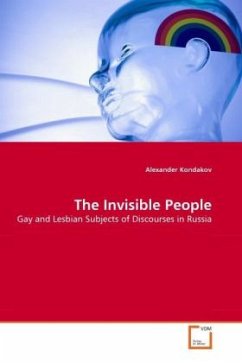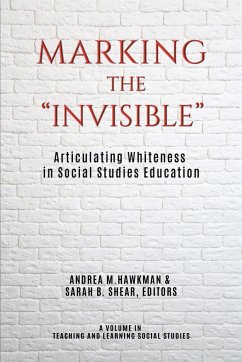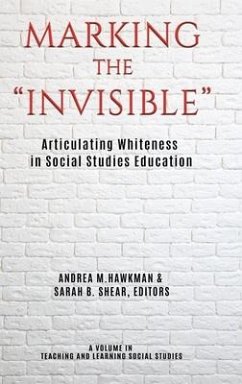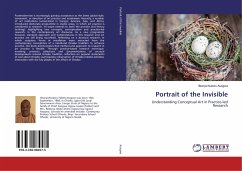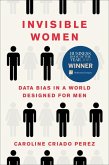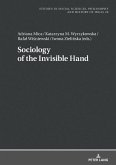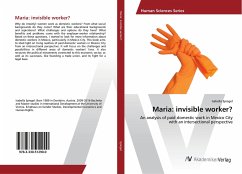This work aims to analyse LGBT discourse in Russia conducted by human rights non-governmental organisations (NGOs). The main emphasis is given to deconstruction of subjectivities of the discourse with the tools of Foucaultian and critical discourse analyses. One of the most evident examples is concerned with strategies employed by the NGOs to guarantee marriage opportunities to homosexuals in Russia. It was also important to uncover the meanings of discursive practices employed by the officials in their discussion of gay and lesbian issues. In this regard, a brief analysis of relevant legal norms and public policies is included in the work. The role of state power turns out to be important in organising and correcting the strategies of the NGOs so long as the strategies are influenced by governmentality of the discourses. The work may be useful to those who are interested in gay and lesbian studies, contemporary situation with the issues in Russia and to social scientists who employ discourse analysis in their work.
